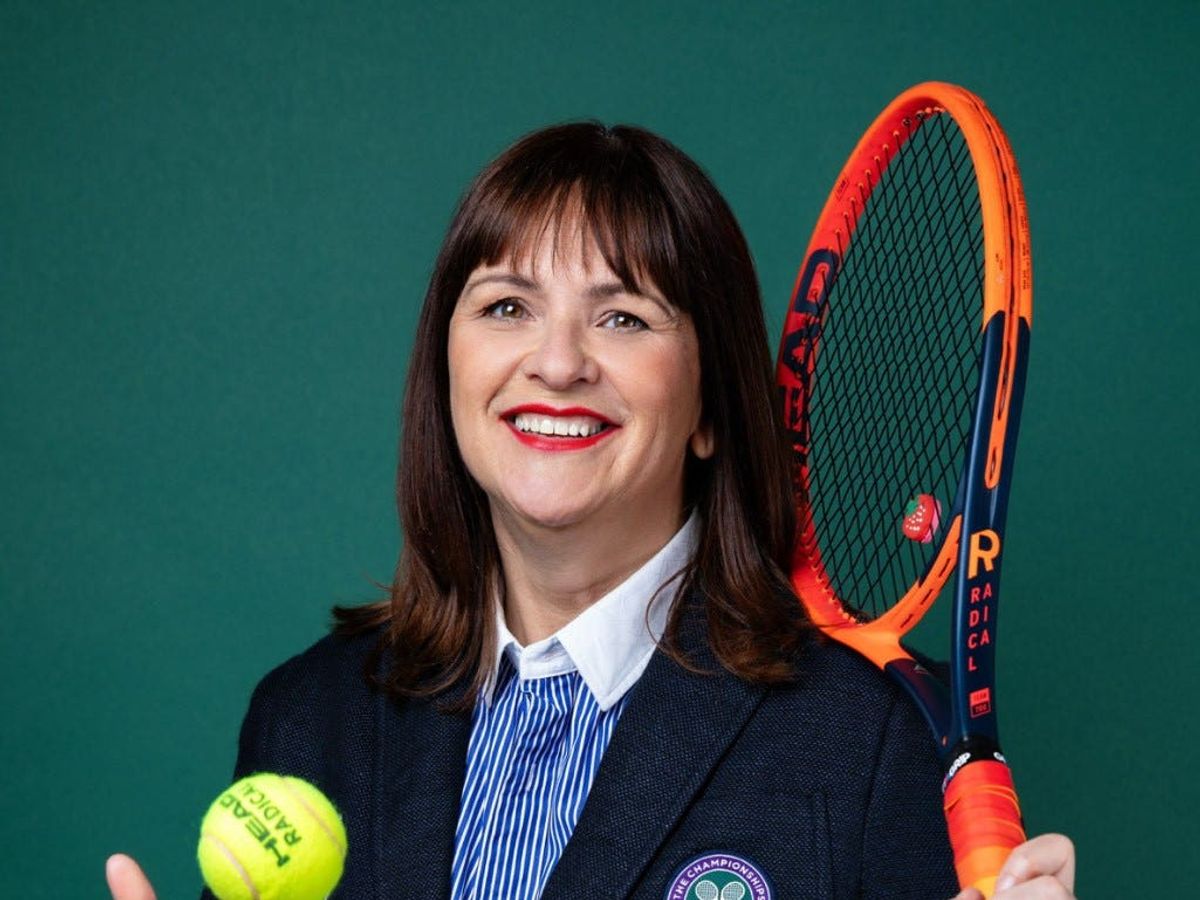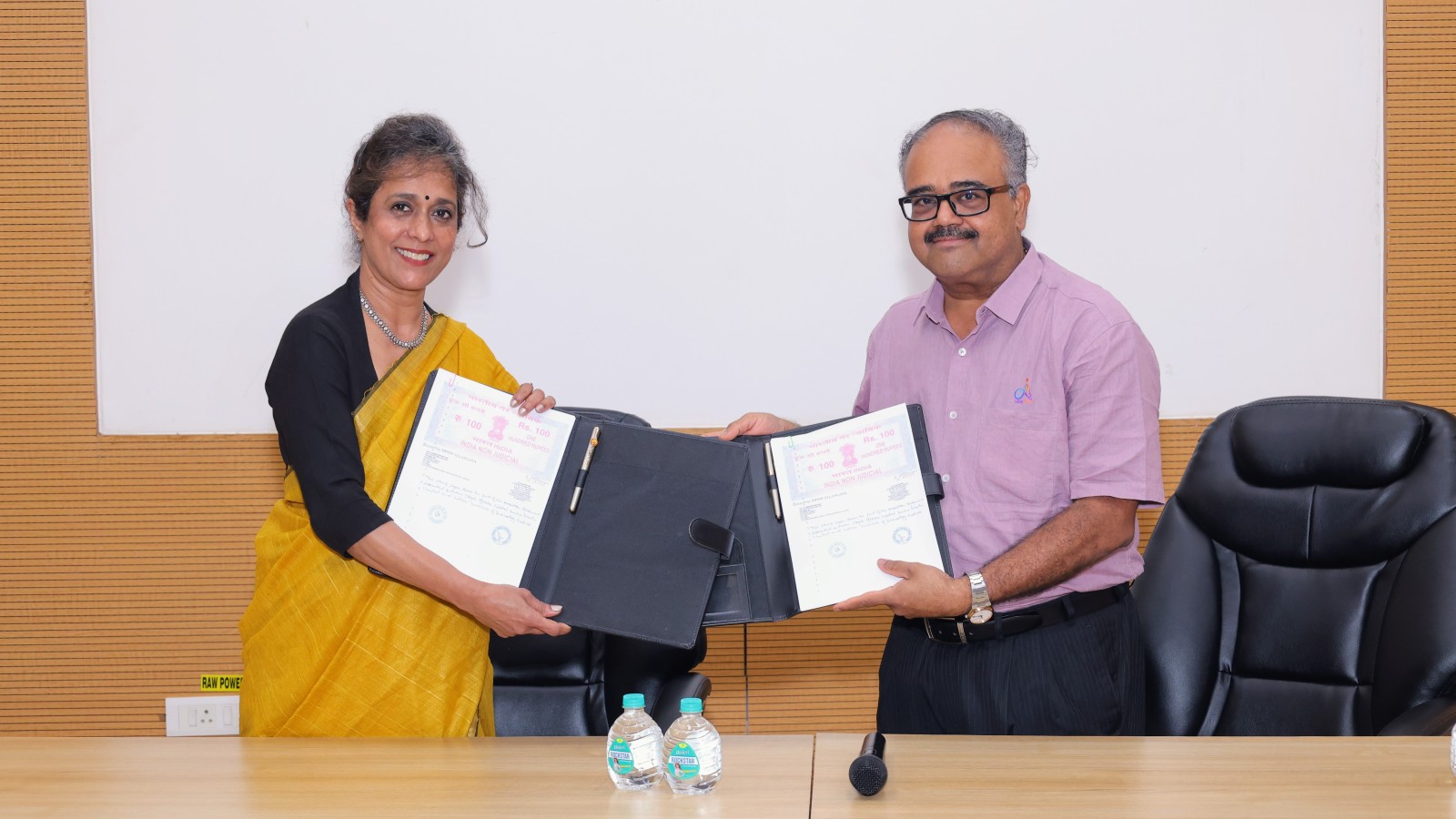Wimbledon's Tech Revolution: Are Line Judges Becoming Obsolete?

Wimbledon, the world's most prestigious tennis tournament, has always been steeped in tradition. However, recent advancements in technology, particularly the introduction of electronic line calling (Hawk-Eye), have sparked a heated debate about the role of line judges. A former Wimbledon line judge, Pauline Eyre, who officiated at 16 tournaments between 1988 and 2003, has voiced strong concerns, suggesting that the increasing reliance on technology has 'de-skilled' her former colleagues and reduced them to 'glorified butlers'.
Eyre's comments highlight a growing unease within the tennis community. For decades, line judges were the eyes and ears of the tournament, their experience and judgment crucial in making accurate calls. The introduction of Hawk-Eye, initially intended as a challenge system for players, has gradually shifted the balance of power. Now, players can challenge calls, and the technology often overrides the human judgment of the line judge.
But what does this mean for the future of line judges? Eyre argues that their expertise is being eroded. 'They're not using their skills anymore,' she stated. 'They're just pressing buttons and waiting for instructions. It's a sad situation.' The implication is that the years of training and experience that line judges invest in are becoming increasingly irrelevant.
The argument isn't simply about nostalgia for a bygone era. While technology undoubtedly offers increased accuracy and fairness, critics worry about the loss of human element in the game. Tennis is a sport of nuance and interpretation, and human judgment can sometimes account for factors that technology might miss – a late call, a slight touch, the intention of the player.
Furthermore, the role of the line judge has evolved. Instead of proactively making calls, they are now largely reactive, confirming the decisions made by the electronic system. This has fundamentally altered their responsibilities and, according to Eyre, diminished their value.
The All England Club, however, defends the use of technology, emphasizing its commitment to fairness and accuracy. They maintain that line judges still play a vital role in the match, observing the game and providing support to the chair umpire. They also point out that the technology is not infallible and that human oversight remains essential.
The debate surrounding Wimbledon's technological advancements is likely to continue. While the use of Hawk-Eye has undoubtedly improved the accuracy of calls, it has also raised important questions about the future of line judges and the preservation of the human element in one of the world's most beloved sports. The challenge lies in finding a balance between leveraging technological advancements and retaining the expertise and experience that have long defined the Wimbledon experience. Will line judges adapt and find new roles, or will they become a relic of the past?






